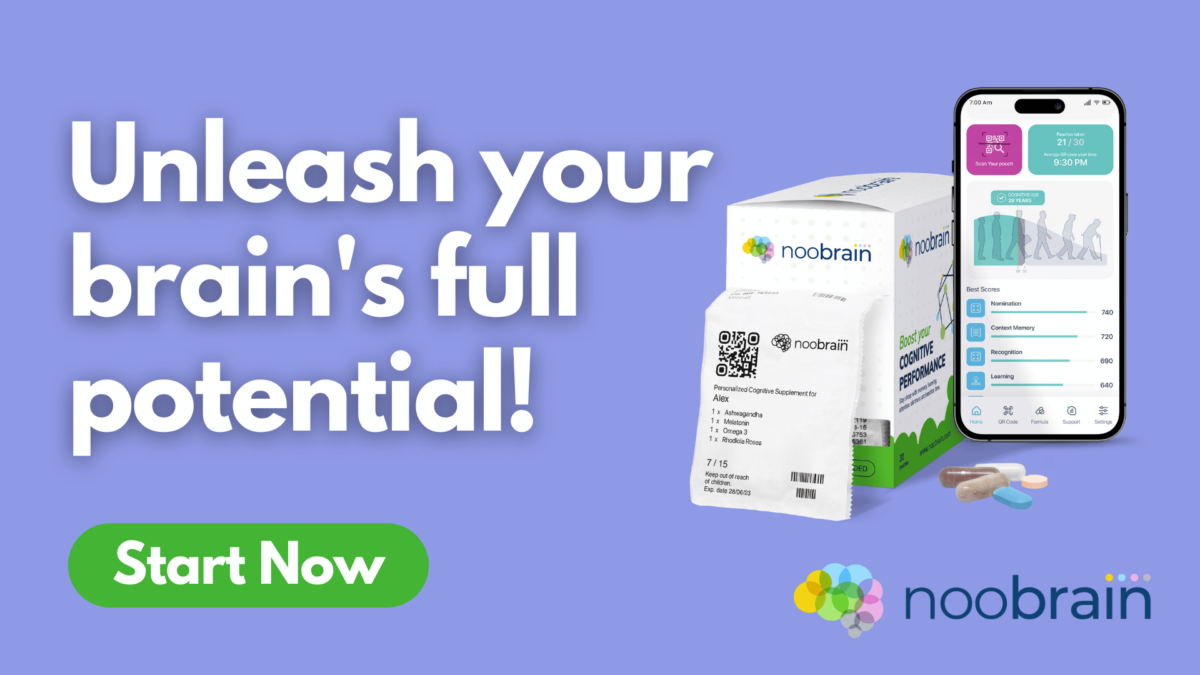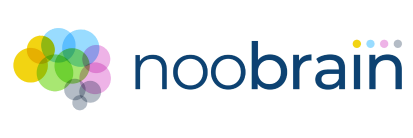The modern era, with its plethora of distractions, has made mastering one’s attention an essential skill for navigating through the daily clamor. Attention span, fundamentally, is the length of time you can concentrate on a task without becoming distracted. In this article, you will learn how to increase attention span, enhancing your ability to focus and, consequently, enriching your mental health and overall productivity.
In this article, we will explore the essence of attention span, the probable causes of a short attention span, the repercussions thereof, and an extensive list of pragmatic solutions.
What is attention span?

Attention span, in short, is the duration for which a person can maintain focus on a particular task or activity.
It varies from person to person; some may have a longer attention span allowing them to remain engaged for extended periods, while others may have a short attention span, finding it challenging to stay focused.
The impact of these variations can be profound, affecting one’s performance at work, school, and in personal endeavors. It’s a pivotal step toward improved attention, sustained focus, and a balanced life.
Data about attention span
The struggle to focus on the task at hand is a prevalent issue. A study highlighted by Mark, the author of “Attention Span: A Groundbreaking Way to Restore Balance, Happiness and Productivity,” from 2023, unveils a startling reality.
On average, individuals manage to concentrate on a single screen for less than a minute.
And when distractions pull them away from active work engagements, it takes approximately 25 minutes to refocus on the initial task.
In another study from 2015, conducted by Microsoft Corp, it was revealed that the average individual’s attention span has witnessed a decline, dropping from 12 seconds to a mere eight seconds since the onset of the mobile revolution around the year 2000.
This shift underscores the impact our digitally-centric lifestyles are having on our cognitive functions. The study encompassed a survey of 2,000 individuals and an in-depth analysis of brain activity using electroencephalograms (EEGs) on 112 participants in Canada.
One striking insight from the study was the challenge faced by heavy multi-screen users in filtering out irrelevant stimuli, rendering them more susceptible to distractions from various media streams.
However, it’s not all gloomy; the flip side reveals an enhanced ability to multitask, a skill that has been honed in the mobile age, according to the report.
Microsoft posited that these changes might be rooted in the brain’s inherent capacity to adapt and evolve over time, suggesting that a dwindling attention span could be a side effect of transitioning to a mobile-internet era.
Furthermore, the study shed light on generational variances in mobile usage.
A notable 77% of respondents aged 18 to 24 affirmed reaching for their phone when devoid of attention, a stark contrast to the mere 10% among individuals aged 65 and above. This data accentuates the differing behavioral patterns across generations concerning mobile use and its potential influence on attention span.
In contrast, the goldfish boasts an attention span of 9 seconds, surpassing that of the typical human.
Read More: What is Processing Speed?
Possible causes of your short attention span:

Identifying the root causes of a short attention span is the cornerstone of devising a targeted plan for improvement.
The origins can be broadly categorized into lifestyle and neurological factors. Lifestyle factors are the external influences in your daily routine that may be hijacking your attention, while neurological factors are intrinsic conditions that may be inhibiting your ability to focus.
Read More: Signs that you have trouble focusing
Lifestyle Factors:
- Social Media Overuse: Excessive engagement with social media platforms can train the brain for short bursts of attention.
- Screen time: As seen before, screen time and the internet is assimilated with the increasing lack of attention in society. On that matter, research suggested that screen time in children can be associated with attention problems.
- Multitasking: Habitual multitasking can dilute focus and decrease the quality of attention.
- Lack of Sleep: Sleep deprivation can severely impair attention and cognitive function.
- Distractions: A cluttered or noisy environment can significantly deter sustained attention.
Neurological Factors:
- ADHD (Attention-Deficit/Hyperactivity Disorder): A disorder marked by an ongoing pattern of inattention and/or hyperactivity-impulsivity.
- Depression: Depression can result in difficulties in maintaining focus or making decisions.
- Anxiety: Anxiety disorders can disrupt concentration and lead to a short attention span.
- Autism: Autism Spectrum Disorders can affect attention and focus in varying ways.
Understanding these factors can be a critical step in improving your attention span and mental acuity.

Consequences of short attention span:
The adverse ripple effects of a short attention span can seep into various facets of life, manifesting in diminished productivity, strained relationships, and an overarching aura of stress and anxiety.
The inability to maintain focus can trigger a vicious cycle of anxiety, further plummeting the attention span. Awareness of these consequences is a step toward motivated change.
- Decreased Productivity: The inability to focus can lead to uncompleted tasks and prolonged project timelines.
- Impaired Relationships: Lack of attention in interactions can lead to misunderstandings and strained relationships.
- Heightened Stress and Anxiety: A short attention span can cause frustration, increasing stress levels.
- Lowered Self-Esteem: Repeated failures in maintaining focus can affect self-confidence and self-esteem.
- Financial Impact: A short attention span can affect job performance and financial stability in severe cases.
How to increase attention span
Now we know everything about attention span, but the question remains: How to increase attention span? Improving your attention span is a multi-faceted endeavor. Here are some strategies:
- Stop Multitasking: Focus on one task at a time. Multitasking can be a significant deterrent to maintaining concentration for long durations.
- Employ Time-Management Strategies: Methods such as the Pomodoro technique can greatly boost your concentration capabilities.
- Adequate Sleep: A well-rested brain is essential for enhanced focus and mental sharpness.
- Meditation and Mindfulness: These techniques can notably augment your capacity to concentrate and maintain attention.
- Regular Exercise: Consistent physical activity is recognized to positively influence mental health and concentration abilities.
- Proper Hydration and Nutritious Diet: A sufficiently hydrated brain and a balanced diet are key for cognitive performance.
- Consult a Healthcare Professional: If you believe neurological issues might be involved, it’s recommended to seek professional medical advice.
Frequently asked questions
- Why is increasing my attention span important?
Enhancing your attention span is pivotal for improving productivity, enhancing relationships, reducing stress, and overall leading a more balanced and fulfilling life.
- What are some common causes of a short attention span?
Common causes can be categorized into lifestyle factors such as social media overuse, multitasking, lack of sleep, and distractions; and neurological factors like ADHD, depression, anxiety, and autism.
- How does a short attention span affect my life?
A short attention span can lead to decreased productivity, strained personal and professional relationships, heightened stress and anxiety, lowered self-esteem, and in severe cases, financial impact.
- What is the link between sleep and attention span?
Lack of sleep can severely impair cognitive functions, including attention span. Ensuring a proper sleep routine can significantly improve your ability to focus.
- Are there medical conditions that can affect my attention span?
Yes, medical conditions such as ADHD, depression, anxiety, and autism can significantly affect attention span. It’s advisable to consult with a healthcare professional if you suspect any of these conditions.
- Can improving my attention span improve my mental health?
Absolutely. Improving your attention span can lead to better productivity and relationships, which can significantly enhance your mental health and overall well-being.
- Does attention span affect IQ?
There is an association between attention span and Intelligence Quotient (IQ), but is nuanced. While they are distinct cognitive facets, they can influence each other to some extent.
- Can you increase attention span with ADHD?
Improving attention span in individuals with Attention-Deficit/Hyperactivity Disorder (ADHD) can be challenging, but it’s certainly possible with a tailored approach.
Disclaimer: The information provided in this article is for informational purposes only and is not intended to substitute for professional medical advice, diagnosis, or treatment.


